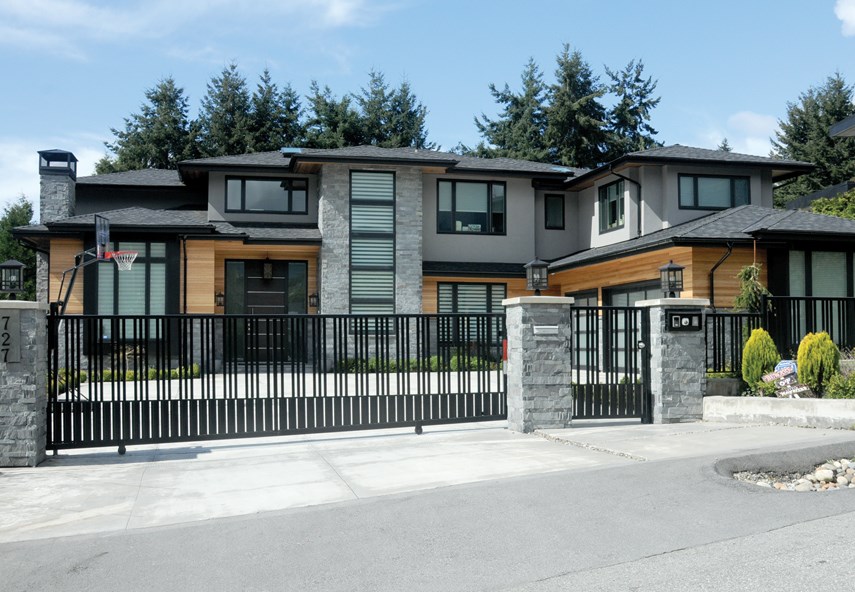A BC Supreme Court judge has concluded a buyer who backed out of a deal to buy a $6.5 million mansion in West Â鶹´«Ă˝Ół»was entitled to do so because a British Pacific Properties restrictive covenant significantly impacted potential uses.
According to court documents, homemaker Qi Li signed a deal to buy the house at 727 Biddesden Place from JBP Developments Ltd. in October 2016 and paid a $300,000 deposit. Among the terms of the contract, the title of the house was to be “free and clear of all encumbrances” except for “restrictive covenants and rights of way in favour of utilities and public authorities.”
The sale was to complete on Jan. 9, 2017.
But Li backed out of the deal, objecting to a British Pacific Properties restrictive covenant dating back to 1953 that remained on the property. The covenant gives the developer the right to approve exterior house colours, landscaping plans, and any building plans, including fences and additions. It restricts the use of the property to one family and one home per property, forbids display of signs and many home-based businesses, and sets a maximum of 25 feet for the height of trees.
When Li refused to go through with the real estate deal, JBP Developments Ltd. sued for the deposit, which was being held in trust.
Li’s lawyer argued that forcing her to go ahead with the deal in spite of the restrictions in the covenant would force her to accept an amended contract she didn’t agree to, according to court documents.
The restrictions were “not minor or insubstantial” but quite onerous, Li’s lawyer told the judge.
JBP’s lawyer argued Li was aware of the British Pacific Properties covenant when she signed the deal, adding that the restrictions were “comparatively trifling” according to court documents. The company said Li’s “effort to avoid the contract at the eleventh hour was simply evidence of buyer’s remorse.”
But the judge didn’t agree.
In a recent decision, Justice Trevor Armstrong wrote that the restrictions could “materially affect many aspects of an owner’s use of the land.” The seller knew about the restrictions because the company had recently built a new house on the property, wrote the judge.
He added Li’s prior knowledge that the restrictive covenant existed “does not excuse the sellers’ obligation to provide clear title.”
He ordered JBP to return Li’s $300,000 deposit.
According to BC Assessment, the six-bedroom, eight-bathroom home built in 2014 sold in March 2017 for $6.05 million. The assessed value as of July 1, 2017 was $5.7 million.



